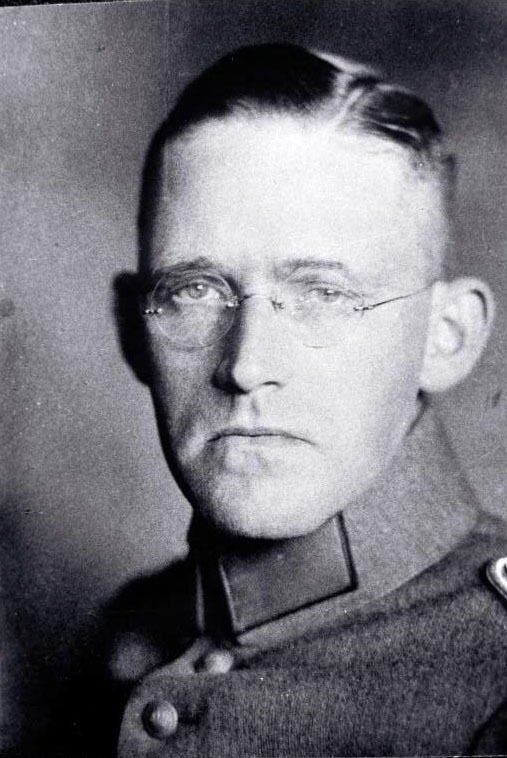A charity that helped a professor after he fled Germany with his young family as the Nazi regime rose to power has been gifted a share of a £1.8M fortune.
Professor Philipp Ellinger escaped Germany in 1933 with his wife Elizabeth and their three children after being declared a ‘non-person’ because of his Jewish faith.
He was given help in the UK by the Academic Assistance Council(AAC), a body set up to help academics escape persecution and relocate to British universities from Germany.
The group is now known as the Council for At Risk Academics(CARA) and is set for a generous windfall from Prof Ellinger’s daughter, Doctor Gabrielle Ellinger, who included it in her will.
Dr Ellinger, of Aberdeen, passed away in December 2013 aged 92 after a period of illness.
She never married and moved to Scotland with her mother more than 40 years ago and worked as a scientist at the Rowett Insititute in Aberdeen.
Her will has now revealed she had built up a £1,864,270 fortune by the time of her death.
She ordered £750,000 be gifted to family and friends but asked the remaining money be handed out to various good causes including CARA who stand to receive around £400,000.
She also asked that the Girls Day School Trust(GDST) be given a similar legacy with a further smaller share going to University College London(UCL).
Friends said Gabrielle believed her family owed a huge debt to CARA for helping them escape the Nazis.
One said: “She had memories of Germany and said she remembered it as being a scary place in her childhood.
“She rarely spoke about the family’s escape but did say she didn’t think they would have survived without the aid given to them by CARA when they managed to get out.
“Gabrielle had spoken about making a lasting gift to various good causes after her death and it is very fitting that the charities she has chosen should benefit from her good will.
“She was fiercely independent and extremely generous. She was always asking about other people and wanting to take care of them.
“She was devoted to her family and cared for her mother until her death.”
Gabrielle also gave the Aberdeen Association of Social Services, Age Scotland, and The Royal National Institute for Deaf People, £10,000 each.
Aberdeen University’s Development Trust has been left £1000 to help fund research projects.
Prof Ellinger worked in Germany prior to WWII and a collaboration with a colleague, Dr August Hirt, had seen them patent a microscope that could used in the study of the kidneys and liver.
But Hirt joined the Nazis and callously betrayed his former friend, ensuring he lost his job and then claimed the credit for their inventions when the Ellingers escaped to the safety of London.
Hirt later rose to become a senior figure in the dreaded SS and helped carry out horrific medical experiments in concentration camps. He killed himself in June 1945.
In London the professor gained work with the Lister Institute of Preventive Medicine. He died in 1952.
A CARA spokesman said they had received many generous donations from friends and family in memory of Gabrielle since her death.
He added: “Her father was one of many people we supported at the time under our earlier names and many went on to achieve great distinction.
“Over 80 years later, CARA is still led by UK academics, and works to support university-level teachers and researchers from all around the world who have been forced to flee and seek sanctuary abroad.”
Hundreds of academics were helped by the group in the 1930s and 1940s with 16 becoming Nobel Laureates. Eighteen were knighted and over a hundred were elected as Fellows of the British Academy or the Royal Society.
